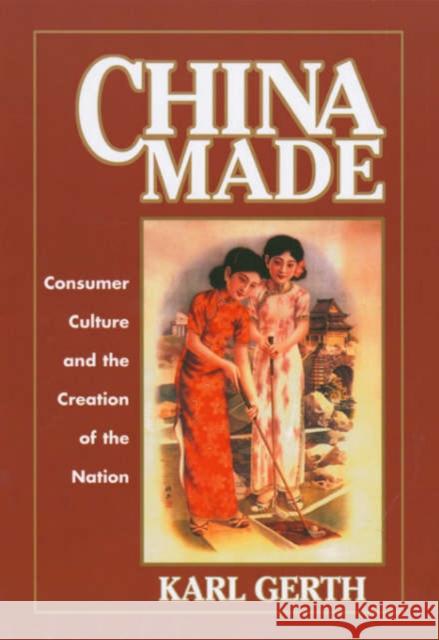China Made: Consumer Culture and the Creation of the Nation » książka
China Made: Consumer Culture and the Creation of the Nation
ISBN-13: 9780674012141 / Angielski / Twarda / 2003 / 425 str.
China Made: Consumer Culture and the Creation of the Nation
ISBN-13: 9780674012141 / Angielski / Twarda / 2003 / 425 str.
(netto: 203,88 VAT: 5%)
Najniższa cena z 30 dni: 213,19
ok. 30 dni roboczych
Dostawa w 2026 r.
Darmowa dostawa!
In the early twentieth century, China began to import and then to manufacture thousands of consumer goods. These commodities changed the life of millions of Chinese, but the influx of imports and the desires they created threatened many in China. Politicians worried about trade deficits and new consumer lifestyles. Intellectuals, inspired by Western political economy, feared the loss of national sovereignty. And manufacturers wondered how they could survive the flood of inexpensive imports. This book argues that the responses of these groups to the emerging consumer culture helped define and spread modern Chinese nationalism. products influenced consumer culture. Consumerism was fundamental in defining nationalism and nationalism in defining consumerism. The categories national and foreign were applied to all commodities, creating, in effect, treasonous and patriotic products. The consumption of commodities defined by the concept of nationality not only helped create the idea of modern China but also became the primary means by which the Chinese learned to see themselves as citizens of a modern nation.











